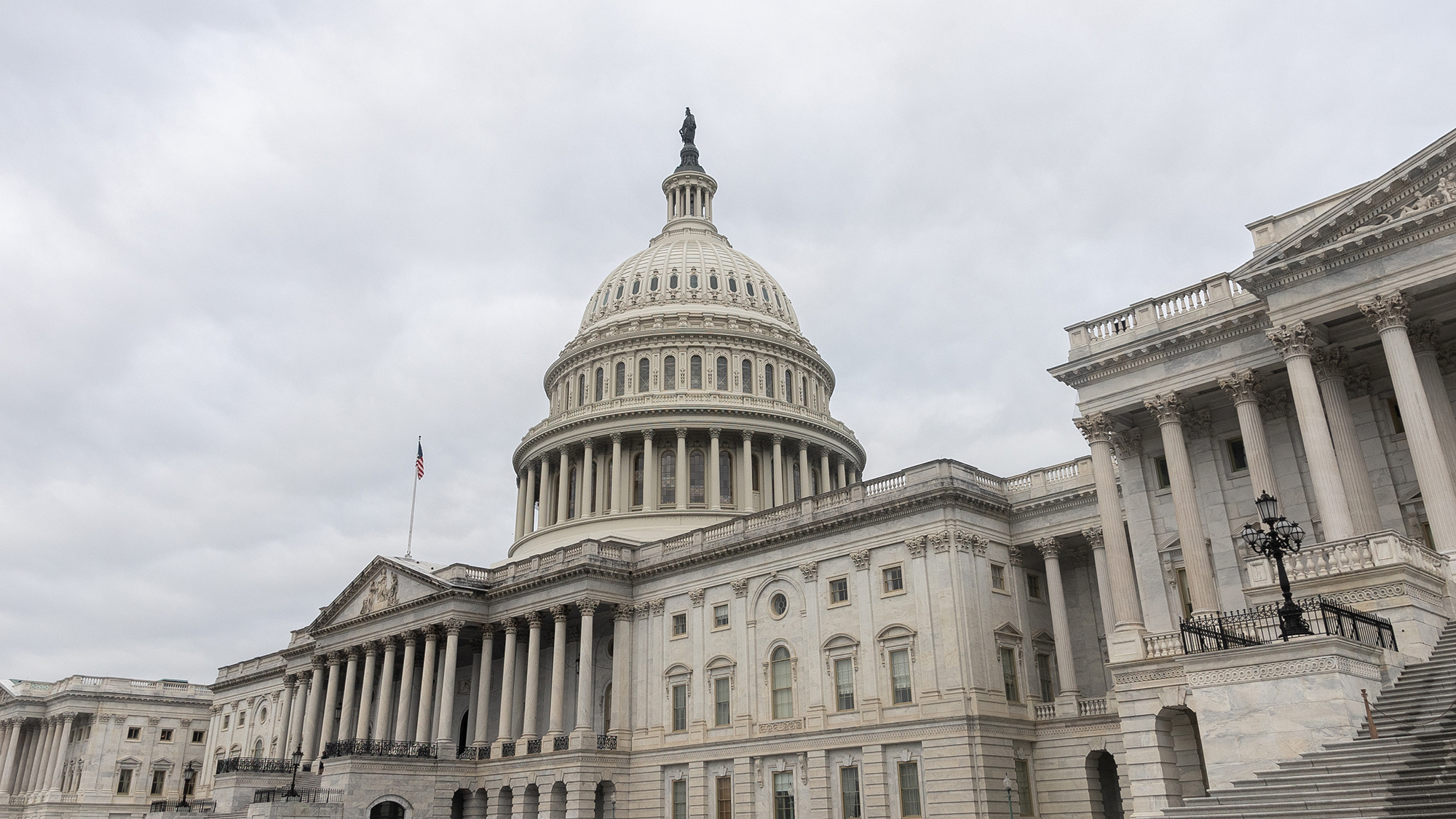Views expressed in opinion columns are the author’s own.
The Congressional showdown over Democrats’ $3.5 trillion social spending bill seems to be coming to a head. Committee work on the bill will finish this week, and while both the Senate and the House of Representatives have passed the budget outline for the package, its passage into law is far from assured.
Ways to pay for the bill’s large price tag are still being debated. The package contains money to combat climate change, improve national infrastructure, increase taxes on the wealthy and expand Medicare and education — pretty much everything Democrats campaigned on heavily in last year’s election and for several elections before that.
Despite that, passing the bill through a Democrat-controlled Congress has not been an easy task. Let’s be clear: Failure to pass the bill will not only be bad policy — it will be bad politics. The issues the bill addresses have been key to the recent Democratic Party’s political identity. Failure to act on them will be a betrayal of the party voter base’s confidence and will leave them less enthused about the party in future elections.
Congressional gridlock and Republican opposition have always thwarted Democratic priorities, but those excuses will seem half-hearted this time. Democrats hold a majority, albeit a slim one, in both houses of Congress, and control the White House. Furthermore, Democrats plan to pass the bill through budget reconciliation, making it filibuster-proof — no Republican in this case needs to support the bill for it to become law.
Herein lies the problem: If the bill fails, it will be because of the Democrats that did not support it.
Rather than from Republicans, the main objections to the package have actually come from moderate and conservative Democrats who have called the bill too expensive and tried to negotiate its cost down. The optics are disastrous for Democrats. If Democratic leadership cannot get their members under control, these divides can be easily exploited.
This type of inaction could lead to voters questioning why they elected a Democratic majority in the first place, and the bill getting wrecked from within the party would give a political gift to Republicans. Democrats need to be able to pass bills when they have the power to do so. If they can’t, claims of ineffective governance can easily be thrown back in their face come election time.
We have already seen cracks in the party’s electoral strategy. Despite President Joe Biden’s victory and historic voter turnout, Democrats actually underperformed in the last election. They lost seats in the House of Representatives and had to settle for a Senate split 50-50 with the Republicans.
Despite these difficulties, they did emerge with control of both houses. Now, they need to use their power to address the issues which they ran on. If they don’t, the effect on their voter turnout could be disastrous.
If the base feels that the party has not delivered on the promises of the last election, they will be less motivated to show up for the next midterms election. Opposition turnout will be high, as it historically has been for midterms, and Democrats need results to motivate their voters — otherwise, they will have no chance at retaining their power.
Democrats need to pass the bill not only for the sake of the country, but to save their own political skin. Climate change, education, healthcare — these are the issues which have been part of the Democratic platform for years. Biden explicitly campaigned on policies that are included in the bill such as universal pre-K and the expansion of Medicare.
People want and need to see these issues dealt with. That’s why they voted for Democrats. Failure to act would be a violation of trust between the party and its voters. If they cannot get it done now when they have the power to, voters will take notice, and the road back to power could be long and bumpy.
Adam Cullen is a junior government and politics major. He can be reached at acullen@umd.edu.



